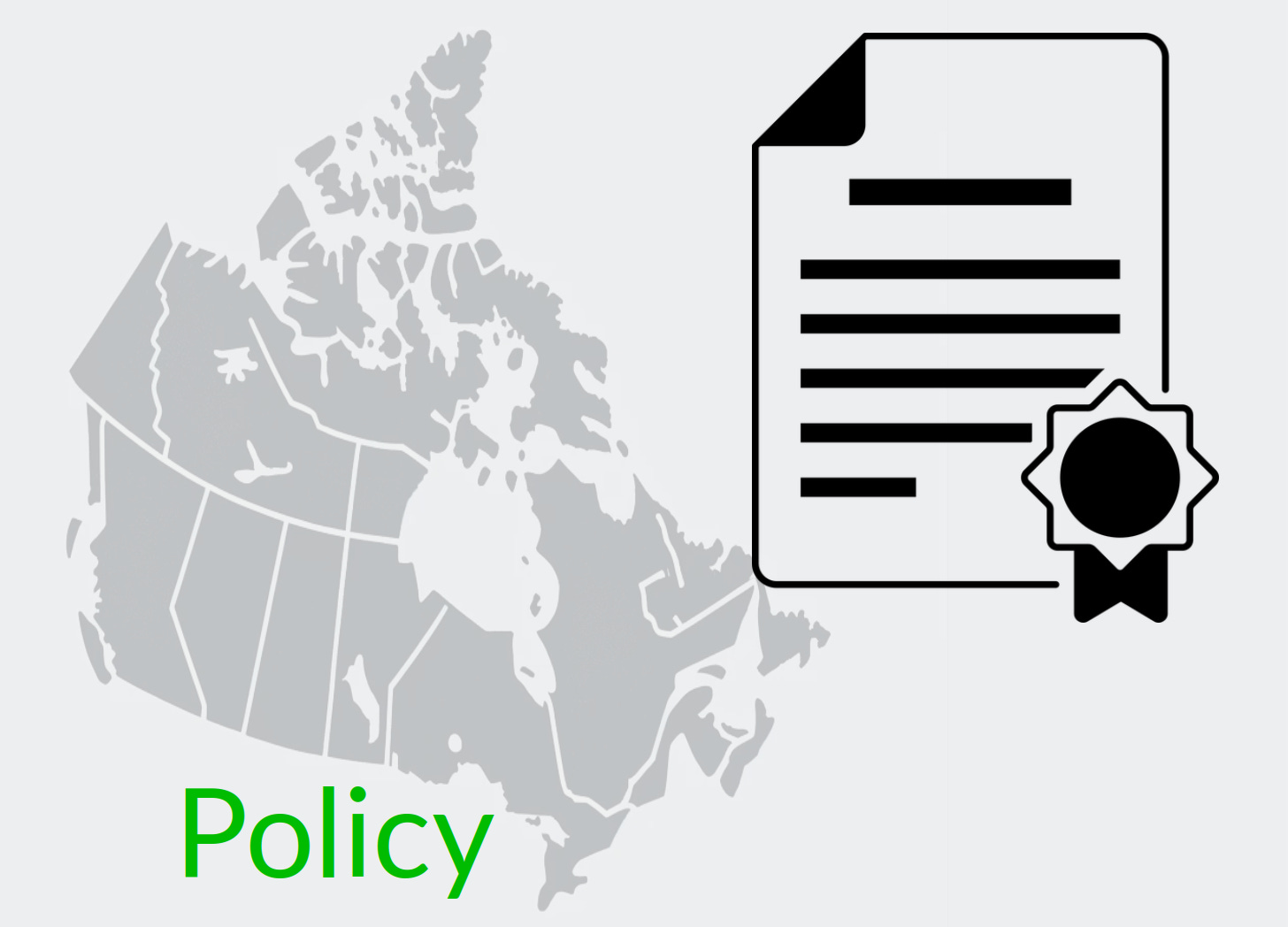The Hidden and Tragic Costs of Housing and Immigration Policies
We've discussed the housing crisis before. That would include the destabilizing combination of housing availability - in particular a weak supply of new construction - and the immigration-driven population growth.
Parsing all the data can be fun, but we shouldn’t forget the human costs of the crisis. There's the significant financial strain caused by rising ownership and rental costs, the stress so many experience when desperately searching for somewhere decent to live, and the pressure on businesses struggling to pay workers enough to survive in madly expensive cities.
If Canada doesn't have the resources to house Canadians, should there be fewer of us?
Well we've also discussed the real problems caused by low fertility rates. As they've already discovered in low-immigration countries like Japan and South Korea, there's the issue of who will care for the growing numbers of childless elderly. And who - as working-age populations sharply decline - will sign up for the jobs that are necessary to keep things running.
The odds are that we're only a decade or so behind Japan. Remember how a population’s replacement-level fertility rate is around 2.1 percent? Here’s how Canadian “fertility rates per female” have dropped since 1991:
Put differently, Canada’s crude birth rate per 1,000 population dropped from 14.4 in 1991, to 8.8 in 2023.
As a nation, we face very difficult constraints.
But there's another cost to our problems that's both powerful and personal, and it exists at a place that overlaps both crises. A recent analysis by the Parliamentary Budget Officer (PBO) frames it in terms of suppressed household formation.
Household formation happens when two more more people choose to share a home. As I've written previously, there are enormous economic benefits to such arrangements, and the more permanent and stable the better. There's also plenty of evidence that children raised within stable families have statistically improved economic, educational, and social outcomes.
But if households can't form, there won't be a lot of children.
In fact, the PBO projects that population and housing availability numbers point to the suppression of nearly a half a million households in 2030. And that’s incorporating the government’s optimistic assumptions about their new Immigration Levels Plan (ILP) to reduce targets for both permanent temporary residents. It also assumes that all 2.8 million non-permanent residents will leave the country when their visas expire. Things will be much worse if either of those assumptions doesn’t work out according to plan.
Think about a half a million suppressed households. That number represents the dreams and life’s goals of at least a million people. Hundreds of thousands of 30-somethings still living in their parents basements. Hundreds of thousands of stable, successful, and socially integrated families that will never exist.
And all that will be largely (although not exclusively) the result of dumb-as-dirt political decisions.
Who says policy doesn’t matter?




We are close to hitting bottom in the criminalization of profit making from providing housing (including rentals) in Canada making housing as scarce and expensive as possible. Regulation, taxes and embedded green theocracy including global initiates such as UN Agenda 2030 - has done this along with the neo-feudal nature of Canada's shortage of private developable land. Nothing will change until perhaps a change in federal government but don't expect much as those with housing are ambivalent to the plight of those without it but as their property rights are increasingly extinguished they may become more aware.
The government could solve the housing crisis with the stroke of a pen.
Make the first $50,000 in rental income tax free.
The increase in available rooms and apartments would boggle the mind.